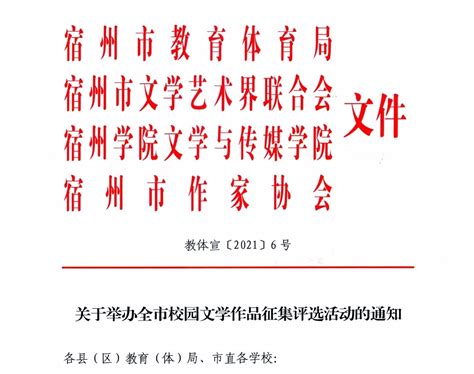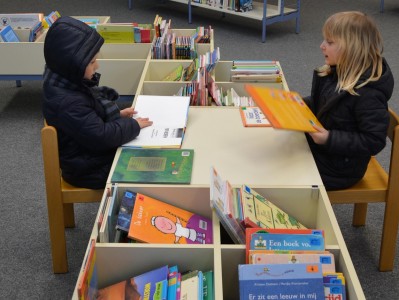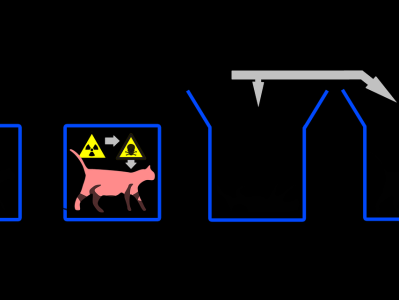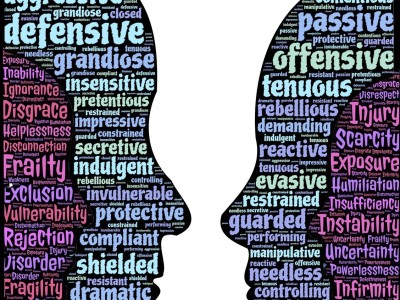文学与新闻学院英文
Exploring English Studies in Literature and Media
The field of English Studies within a Literature and Media context is an intricate tapestry interwoven with language, culture, history, and creative expression. Let's delve into the diverse facets encompassed within this discipline.
1. Literary Analysis:
Literature serves as a cornerstone of English Studies. It involves the critical analysis of literary texts ranging from classic to contemporary works. Through close reading and interpretation, scholars explore themes, characters, narrative structures, and linguistic devices. By examining literature through various lenses such as feminist theory, postcolonialism, or psychoanalysis, scholars uncover deeper layers of meaning and significance.
2. Media Studies:
In today's digital age, media plays a pivotal role in shaping culture and society. Media Studies within the realm of English Studies encompasses the analysis of various forms of media, including film, television, radio, and digital platforms. Scholars scrutinize media texts, exploring their production, distribution, reception, and sociocultural impact. They investigate how media narratives reflect and influence collective beliefs, values, and ideologies.
3. Linguistics:
Linguistics offers a scientific approach to the study of language. Within English Studies, linguistics examines the structure, use, and evolution of the English language. This includes phonetics, syntax, semantics, pragmatics, and sociolinguistics. Scholars analyze language in its spoken and written forms, investigating grammar rules, language acquisition, dialects, and language variation across different contexts and communities.

4. Cultural Studies:
Cultural Studies within English Studies explores the interplay between literature, media, and society. Scholars investigate how cultural norms, beliefs, and practices are represented and contested within texts and media. They examine issues of identity, power dynamics, globalization, and cultural hegemony. Cultural Studies also encompasses interdisciplinary approaches, drawing insights from sociology, anthropology, history, and other fields.
5. Creative Writing:
Creative Writing offers an outlet for artistic expression within English Studies. It encompasses various genres such as fiction, poetry, drama, and creative nonfiction. Students hone their writing skills through workshops, exploring techniques of storytelling, character development, imagery, and poetic language. Creative Writing fosters imagination, empathy, and critical thinking, nurturing the next generation of literary voices.
6. Digital Humanities:
The emergence of digital technologies has transformed the landscape of English Studies. Digital Humanities integrates computational tools and methodologies into the study of literature and media. Scholars utilize text analysis, data visualization, digital archives, and interactive platforms to explore literary and cultural phenomena in innovative ways. Digital Humanities facilitates collaborative research, public engagement, and the preservation of cultural heritage.
7. Professional Development:
English Studies in Literature and Media also prepares students for diverse career pathways. Graduates may pursue careers in academia, publishing, journalism, public relations, digital media, education, arts administration, and beyond. The critical thinking, communication, and research skills cultivated through English Studies are highly transferable and sought after in today's knowledgebased economy.
In conclusion, English Studies in Literature and Media is a dynamic field encompassing a rich tapestry of literary, cultural, linguistic, and technological dimensions. It fosters critical inquiry, creativity, and cultural literacy, empowering students to engage meaningfully with the complexities of the world around them. Whether dissecting a Shakespearean sonnet, analyzing a blockbuster film, or crafting a compelling story, English Studies offers endless opportunities for exploration and discovery.





